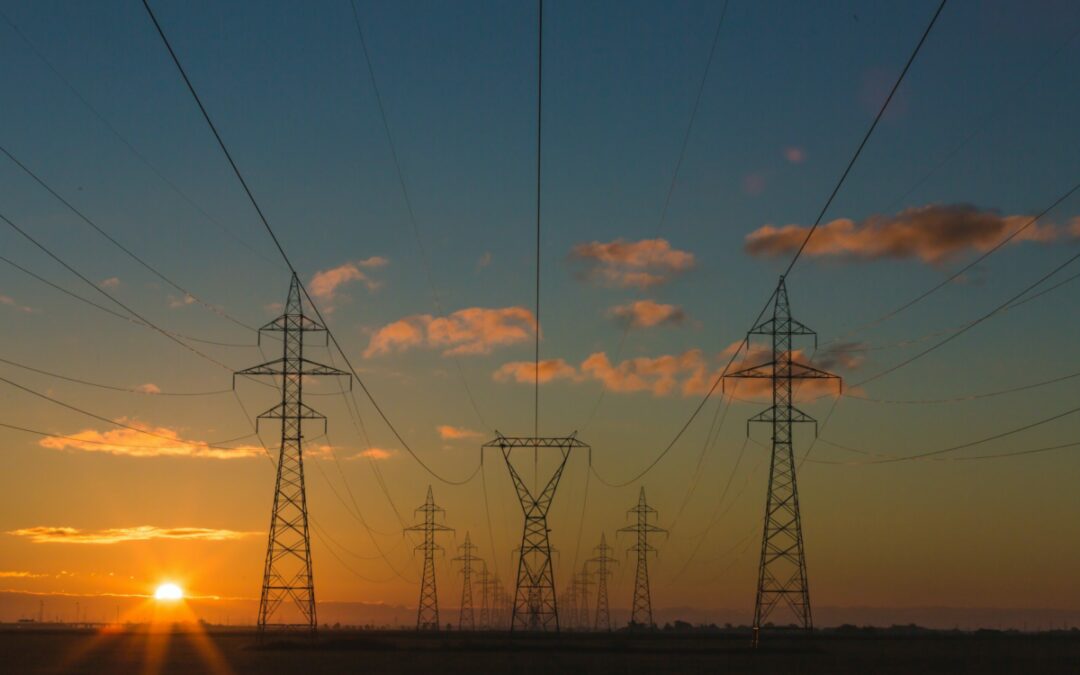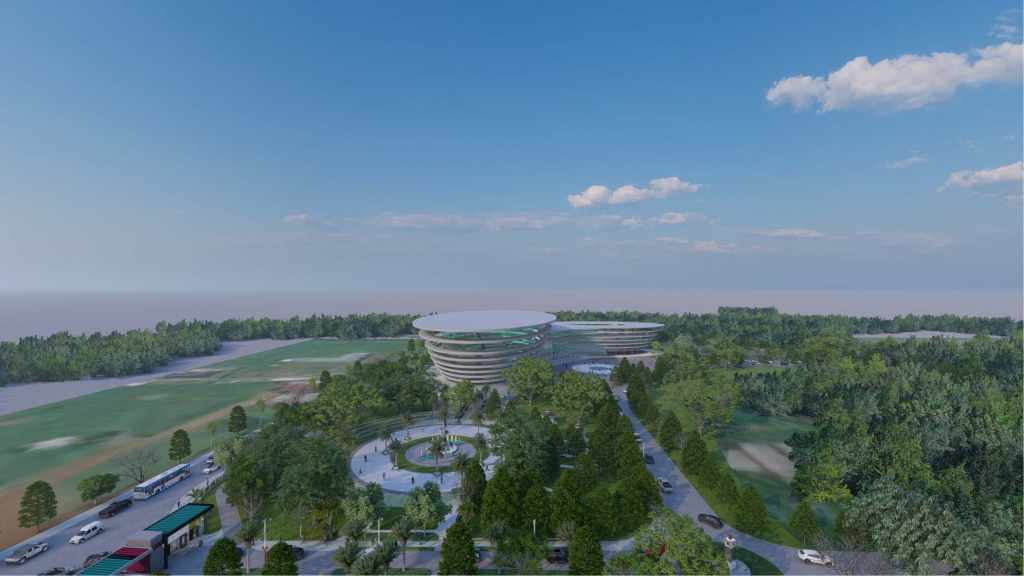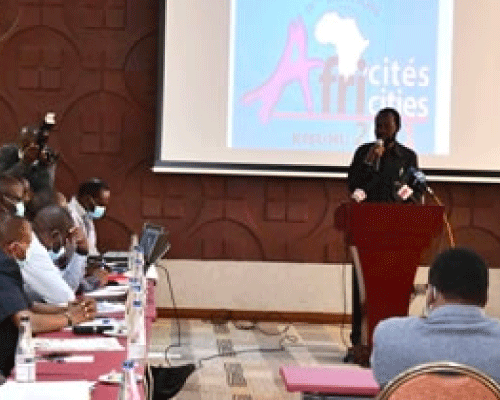
SESA at World Urban Forum 11th Session
Building sustainable, secure and resilient energy systems at scale through local action
Global warming brings harmful consequences to communities, and ecosystems around the world, and low carbon solutions to mitigate the effect of climate change, and increase the resilience of our communities are increasingly crucial. Incentivising community-owned RES is pivotal to securing energy access in remote vulnerable areas, helping the energy system to bounce back following extreme climate events, strengthening energy security, and increasing resilience to economic shocks. Implementing innovative local energy solutions promotes the economic development of communities retaining investments and revenues locally, fighting energy poverty, creating jobs and enhancing local engagement.
Building sustainable, secure and resilient energy systems at scale through local action session aims at showcasing and bringing together the experiences of cities, local businesses and communities in transforming the energy system through innovative and sustainable local solutions. Its focus will be on both technologies and innovative solutions developed to support sustainable energy action planning on the ground, presenting gaps, challenges, and replicable solutions implemented. Speakers will discuss technologies and solutions for sustainable energy systems, with the goal of accelerating energy access and increasing resilience to climate change.
The event will be in a format of an open dialogue with different stakeholders: solutions providers, solutions enablers, and solutions implementers allowing the audience to raise questions, share experiences and exchange on the best practices. Everybody will be invited to share their ideas and interest to establish the foundation for future partnerships, testing solutions presented, and join future knowledge-sharing opportunities. For engaging with our external audience we will use SESA official social media channels, using #SESAProject and #WUF11.
Agenda
Moderator: Ms Giorgia Rambelli, ICLEI European Secretariat
|
14:30 – 14:35 14:35 – 14:45 |
Welcome – Ms Giorgia Rambelli, Coordinator Climate Policy and Energy Governance, ICLEI European Secretariat Welcome participants, objective of the workshop, agenda, speakers (5 minutes) Setting the scene – Ms Lea Ranalder, Associate Programme Management Officer, UN-Habitat |
| 14:45 – 15:45 |
Building sustainable, secure and resilient energy systems at scale through local action Panelists: Mrs Lea Ranalder, Associate Programme Management Officer, Human Settlements, UN-Habitat Mrs Rana Adib, Executive Director, REN21 Mr Rohit Sen, Head, Sustainable Energy ICLEI World Secretariat Mr Joseph Oganga, Chief Officer Department of Energy and Industrialization, Kisumu County, Kenya Mr Prof. Dr. Oliver Lah, Head of Research Unit Mobility and International Cooperation, Energy, Transport and Climate Policy , Professor at Wuppertal Institute for Climate, Environment and Energy Q&A session with audience |
| 15:45-16:00 | Closing remarks – UN-Habitat |
During the Workshop, participants will discuss the following questions:
- Which solutions can be implemented to accelerate sustainable energy access and climate resilience of vulnerable communities?
- Which are the main challenges in developing local development projects?
- What kind of measures and policies are necessary to overcome the main barriers and scale up these solutions?
- Which are the financial burdens that SMEs face in implementing innovative business solutions, and which solutions can be provided to support them scaling-up?
The event will take place on the 29th June, 2022 from 14:30 to 16:00 CEST at Workshop room 14. For more information visit World Urban Forum official website.







Recent Comments